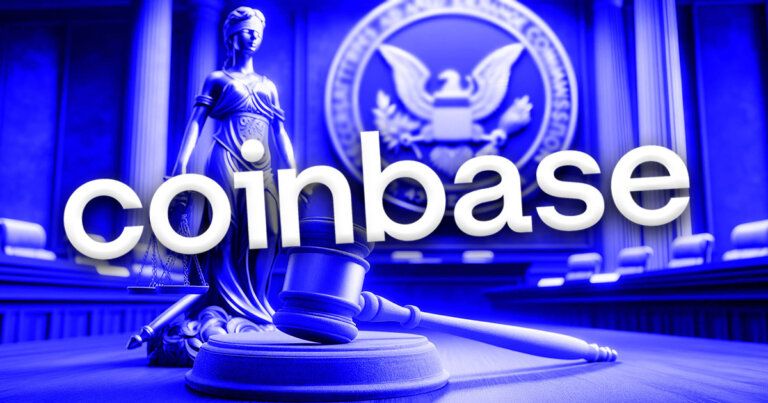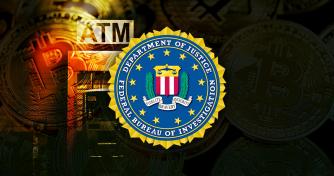 Coinbase legal chief downplays court ruling on crypto as securities in insider trading case
Coinbase legal chief downplays court ruling on crypto as securities in insider trading case Coinbase legal chief downplays court ruling on crypto as securities in insider trading case
The Coinbase executive criticized the SEC's 'insidious' legal approach in recent insider trading case.

Cover art/illustration via CryptoSlate. Image includes combined content which may include AI-generated content.
Paul Grewal, the Chief Legal Officer at Coinbase, downplayed the impact of a recent court ruling that classified certain digital assets on secondary markets trading platforms as securities in a recent social media post.
This ruling arose from an insider trading case involving Coinbase’s former product manager, Ishan Wahi, his brother Nikhil Wahi, and their friend Sameer Ramani.
In 2022, the US Securities and Exchange Commission (SEC) accused Wahi of disclosing confidential information about forthcoming Coinbase listings to Nikhil Wahi and Ramani.
Subsequently, Nikhil Wahi and Ramani reportedly acquired the cryptocurrencies before their public listing, profiting from selling the assets post-listing.
In May 2023, the SEC settled charges with the Wahi brothers, with Ramani remaining at large.
The ruling
On Mar. 1, a US Court delivered a default ruling against Ramani, categorizing the cryptocurrencies involved in the case as securities under the Howey Test.
According to the ruling:
“The Court’s analysis remains the same even to the extent Ramani traded tokens on the secondary market…Each issuer continued to make such representation regarding the profitability of their tokens even as the tokens were traded on secondary markets.”
So, the Judge concluded that:
“Ramani’s illicit trading was accordingly in connection with the purchase or sale of a security.”
Therefore, the court order prohibited Ramani from future violations, imposed a civil penalty of $1.6 million, and disgorged the identified proceeds totaling $817,602. However, the court did not grant the SEC’s request for prejudgment interest.
Grewal’s response
The Judge’s ruling sparked concerns within the crypto community, with many questioning the implications for the broader industry.
However, Grewal allayed community fears, stating that default judgments “are not worth anything as precedent or persuasion” because “there is no one pushing back on anything the SEC says, [and] the judge is required under the applicable rule to take everything the SEC says in the complaint as true.”
He added:
“The judge here confirmed in her order that she only considered the SEC’s filings and did not consider any amicus briefs or other papers showing the fallacy of the SEC’s arguments.”
The Coinbase top executive also seized the opportunity to criticize the SEC’s “insidious” strategy of suing “absent defendants and intermediaries” while neglecting “the people with the greatest incentive and access to information that blows their arguments out of the water.”

































































